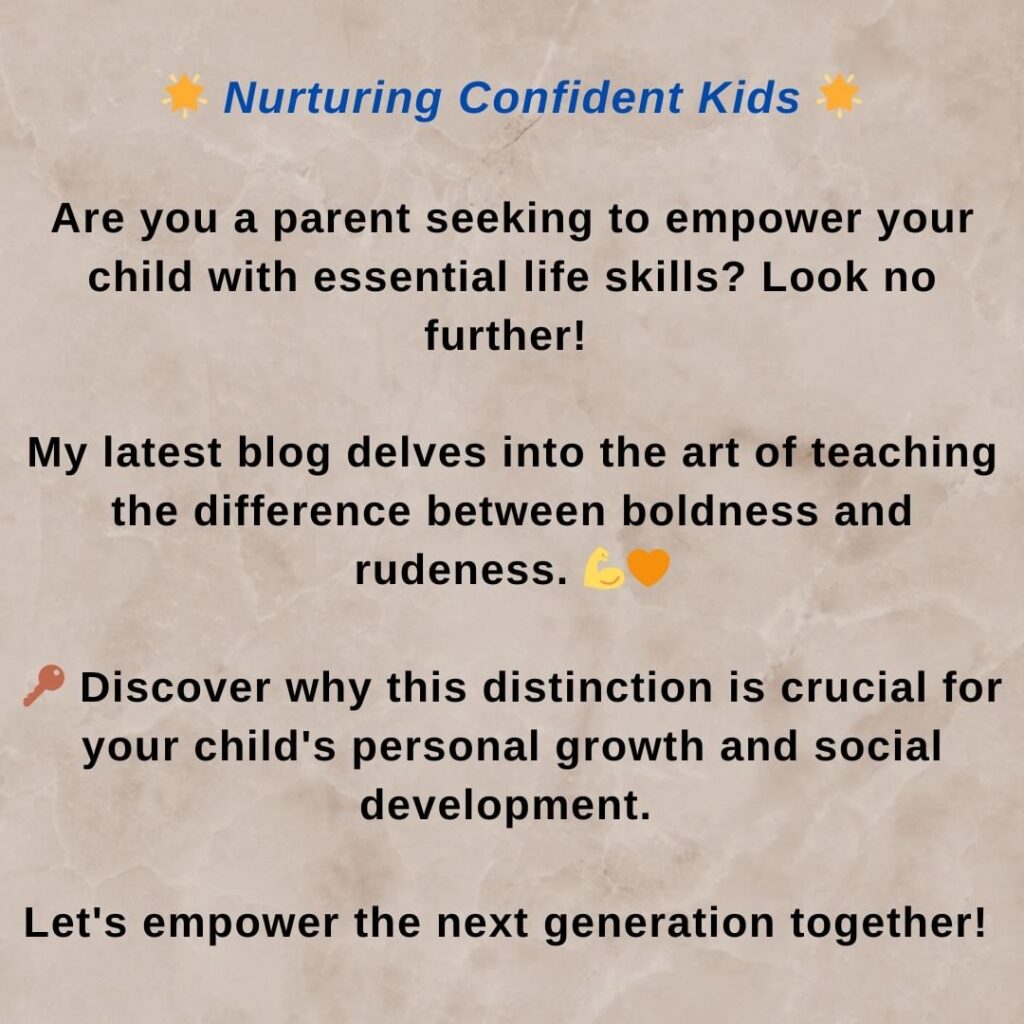Empathetic Parenting: Navigate challenging behaviors with love and understanding. Learn strategies to help your child make better choices and strengthen your parent-child bond. Explore the world of child psychology for effective guidance.

Nurturing Empathy: Guiding Your Child Make Better Choices with Understanding and Love
Understanding a child’s psychology is a journey of love, patience, and empathy. As parents, we often encounter moments that challenge our ability to respond with understanding and compassion. One such moment occurred when my friend faced a situation with her 8 and a half-year-old son.
Her son had shown her an abusive sign when she scolded him about his misplaced notebook. In a moment of frustration, she reacted by slapping him twice on the face. However, her son didn’t understand the gravity of what had just transpired.
In times like these, it’s crucial to pause and consider a child’s feelings and perspective. Instead of immediately reacting, my advice to my friend was to engage in open and empathetic communication. Here are some steps we discussed:
1. Ask About the Sign’s Meaning:
- Understanding the meaning behind the abusive sign is essential. Does the child comprehend the significance of the gesture, or is it merely mimicking something without understanding?
2. Inquire About the Source:
- Discover where the child learned the sign. Is it from peers, media, or other sources? This information can provide insights into their influences.
3. Discuss the Consequences:
- Talk to the child about the consequences of such actions and behaviors. Help them comprehend why certain behaviors are unacceptable.
4. Warm and Gentle Explanation:
- Approach the conversation with warmth and gentleness. Make sure the child feels safe and loved during the discussion.
5. Teach Values and Virtues:
- Share the importance of good values and virtues. Explain that some cultures and principles differ, but kindness and respect are universal.
6. Create a Safe Space:
- Ensure that your child feels safe discussing their concerns with you. Let them know you’re there to support and guide them.
7. Monitor Influences:
- Keep an eye on your child’s surroundings, including friends and media. Ensure they are not exposed to harmful influences.
Fostering a Path for Your Child Make Better Choices
Effective parenting involves building trust and open communication with our children. By approaching situations with empathy and understanding, we help our children navigate complex emotions and make better choices. When a child feels heard and valued, they are more likely to seek guidance from their parents.
In conclusion, let us remember that reacting impulsively may not always yield the best results.
Do Follow for More Tips and Inspiration:
- Instagram: Follow us on Instagram
- Pinterest: Follow our Pinterest profile
FAQs regarding Child Make Better Choices
- How can I encourage my child to make better choices without resorting to punishment?
- What role does empathy play in helping children understand the consequences of their actions?
- Are there specific techniques for fostering open communication with my child about their behavior?
- How can I balance setting boundaries with allowing my child to learn from their mistakes?
- What should I do if my child continues to exhibit challenging behaviors despite my efforts?
- Are there any resources or books you recommend for learning more about empathetic parenting?
- Can you provide examples of scenarios where empathetic parenting has led to positive changes in a child’s behavior?
- How can I help my child develop emotional intelligence to make better decisions?
- Are there any red flags or warning signs that suggest my child may need professional help?
- How do I address challenging behaviors in a way that strengthens our parent-child bond rather than damaging it?
For further guidance on fostering concentration in your child, check out our article on “Unleashing the Power of Positive Reinforcement: A Guide to Fostering Concentration in Your Child.“
